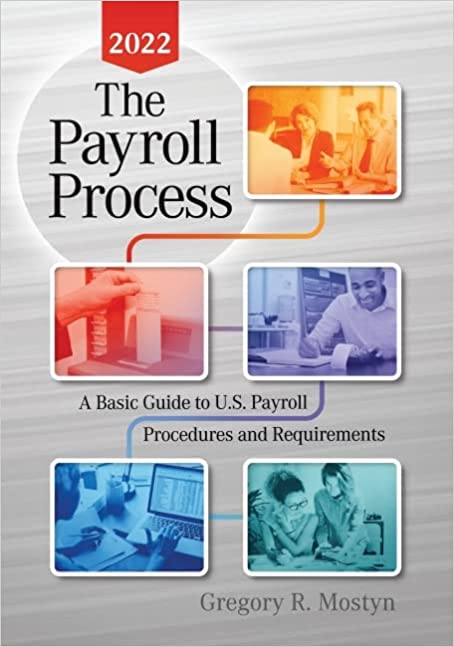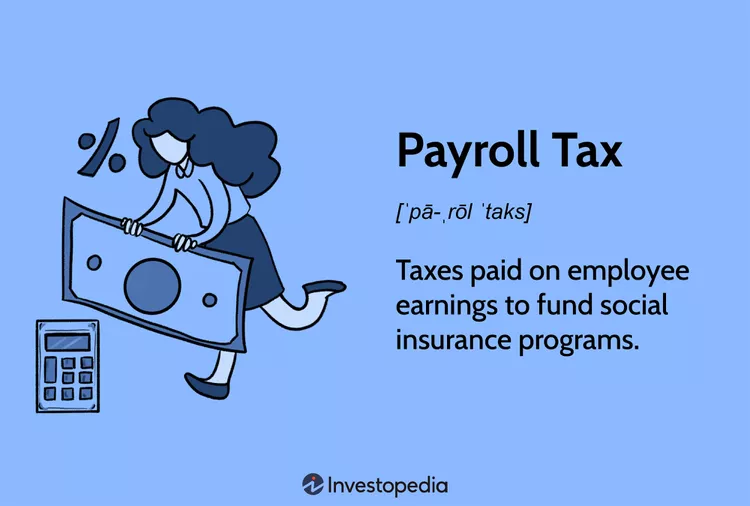Tailoring Payroll Services to Fit Your Business Needs
The Importance of Customized Payroll Services
Managing payroll efficiently is crucial for any business, regardless of its size. Every company has unique payroll requirements, which is why payroll services must be tailored to fit specific business needs. From tax compliance to employee benefits management, having a customized payroll solution ensures accuracy, efficiency, and compliance with legal requirements. By tailoring payroll processing, businesses can streamline payroll processing while minimizing errors and saving valuable time and resources.
Understanding Your Business Requirements
Before choosing payroll services, businesses must assess their specific needs. Factors such as company size, number of employees, industry regulations, and payment schedules all play a role in determining the right payroll solution. Small businesses, for instance, may require basic payroll processing, while larger enterprises may need comprehensive solutions that include tax filing, benefits administration, and compliance tracking.
Additionally, businesses with remote or international employees may need payroll solutions that handle multiple currencies and comply with various tax laws. Identifying these requirements early on allows companies to select payroll processing that align with their operational needs and financial constraints. A well-structured payroll system eliminates inefficiencies and ensures that employees are paid accurately and on time.
Flexible Payroll Solutions for Every Business
One of the key advantages of modern payroll services is their flexibility. Businesses can choose from a range of payroll solutions based on their level of need and complexity. Some of the most common options include:
- Full-Service Payroll: This option includes end-to-end payroll management, from processing salaries and tax withholdings to generating payroll reports and handling compliance issues.
- Cloud-Based Payroll: A great choice for businesses looking for remote access, cloud-based Payroll management allow companies to manage payroll anytime, anywhere, with real-time data updates.
- Automated Payroll Systems: These solutions help businesses reduce manual errors and streamline payroll calculations, ensuring accuracy and compliance.
- Industry-Specific Payroll Services: Businesses in healthcare, construction, retail, or other specialized sectors can benefit from payroll solutions that cater to their unique industry regulations and requirements.
By selecting a payroll solution that aligns with business goals and workforce dynamics, companies can improve operational efficiency and reduce administrative burdens.
Collaborating with Your Payroll Provider
To ensure that payroll services meet the unique needs of a business, collaboration with the payroll provider is essential. Companies should communicate their specific payroll challenges, employee payment structures, and compliance requirements. A professional payroll provider can offer expert advice on optimizing payroll processes and ensuring compliance with tax laws and labor regulations.
Additionally, businesses should look for payroll providers that offer scalable solutions. As companies grow, their payroll needs may change, requiring more advanced features such as employee benefits integration, direct deposit options, and multi-state tax filings. A strong partnership with a payroll provider ensures that payroll systems remain adaptable and capable of handling future business expansions.
Evaluating the Impact of Tailored Payroll management
Once payroll services are implemented, businesses should assess their effectiveness by measuring key performance indicators (KPIs). These may include payroll processing time, error rates, compliance adherence, and employee satisfaction. Efficient payroll management not only improves financial accuracy but also enhances employee morale by ensuring timely and error-free payments.
Regular audits and feedback from employees and finance teams can help identify areas for improvement. Businesses should also stay updated on new payroll regulations and technological advancements to ensure that their payroll systems remain efficient and compliant. By continuously optimizing payroll processes, businesses can maintain smooth operations and reduce financial risks.
Conclusion: The Benefits of Custom Payroll Services
In today’s fast-paced business environment, having payroll processing tailored to specific business needs is essential for efficiency, compliance, and growth. By understanding payroll requirements, selecting the right solutions, collaborating with payroll providers, and evaluating payroll performance, companies can enhance their payroll management systems. Customized payroll services help businesses reduce administrative burdens, minimize errors, and ensure employee satisfaction, ultimately contributing to long-term success.





